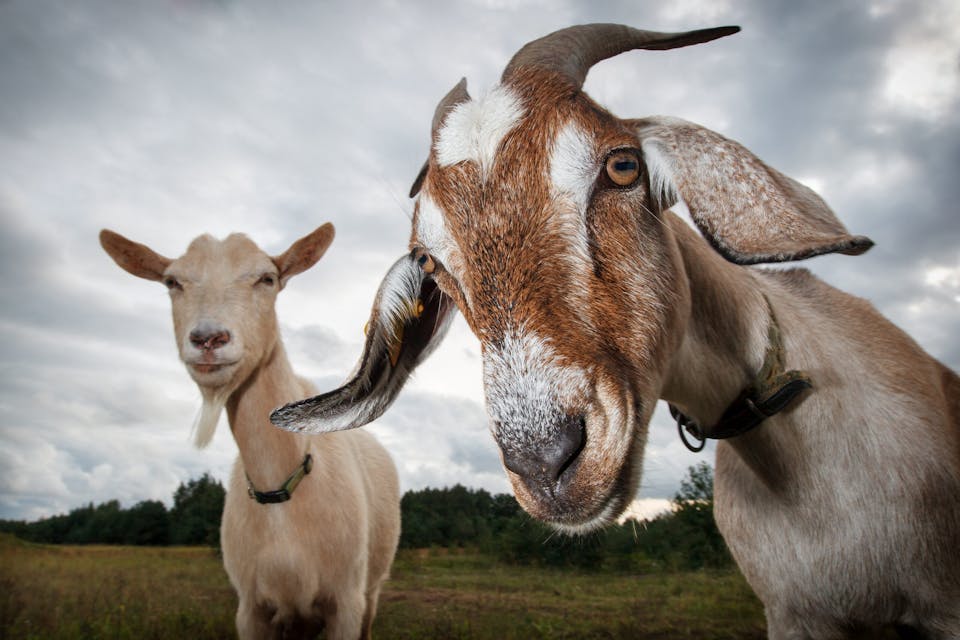
February 29, 2024
Why Goats Show Up in So Many Idioms
Hebrew is full of goats these days, and English and French aren't too far behind. Where'd they all come from?
Israel is full of goats these days. One encounters them on TV, on the radio, in the social media, in ordinary conversation. “That’s just a goat Hamas put into the negotiations.” “Has Netanyahu dragged a new goat into his cabinet?” “An Israeli attack on Rafah is no goat.” “The goat of humanitarian aid to Gaza should be dropped.” And not to be outdone, Minister of Internal Security Itamar Ben-Gvir recently delivered an address to the Knesset that was quickly labeled “the speech of the goats.”
“We have been exposed,” Ben-Gvir said, “to various briefings and leaked reports in the media about what Israel is prepared to give Hamas in the framework of a deal for the release of the hostages. It’s all apparently a goat to pave the way for a less harmful agreement that would still be unconscionable. Let me state from the Knesset floor: our hundreds of dead soldiers are not goats! Their families are not goats! The wounded and crippled are not goats! The residents of southern Israel are not goats! The citizens of Israel are not goats! And I, too, am not a goat.”
A “goat” or ez in Israeli Hebrew is a bargaining chip, a demand introduced by one side to a negotiation for the purpose of being later withdrawn in return for a concession from the other side. The expression derives from an old Jewish story that many of you undoubtedly know. A harried father and mother come to a rabbi and tell him they are at their wits’ end: they live in two rooms with seven children and an eighth on the way, can’t afford more spacious quarters, and are unable to stand the congestion and the racket any longer. What should they do?